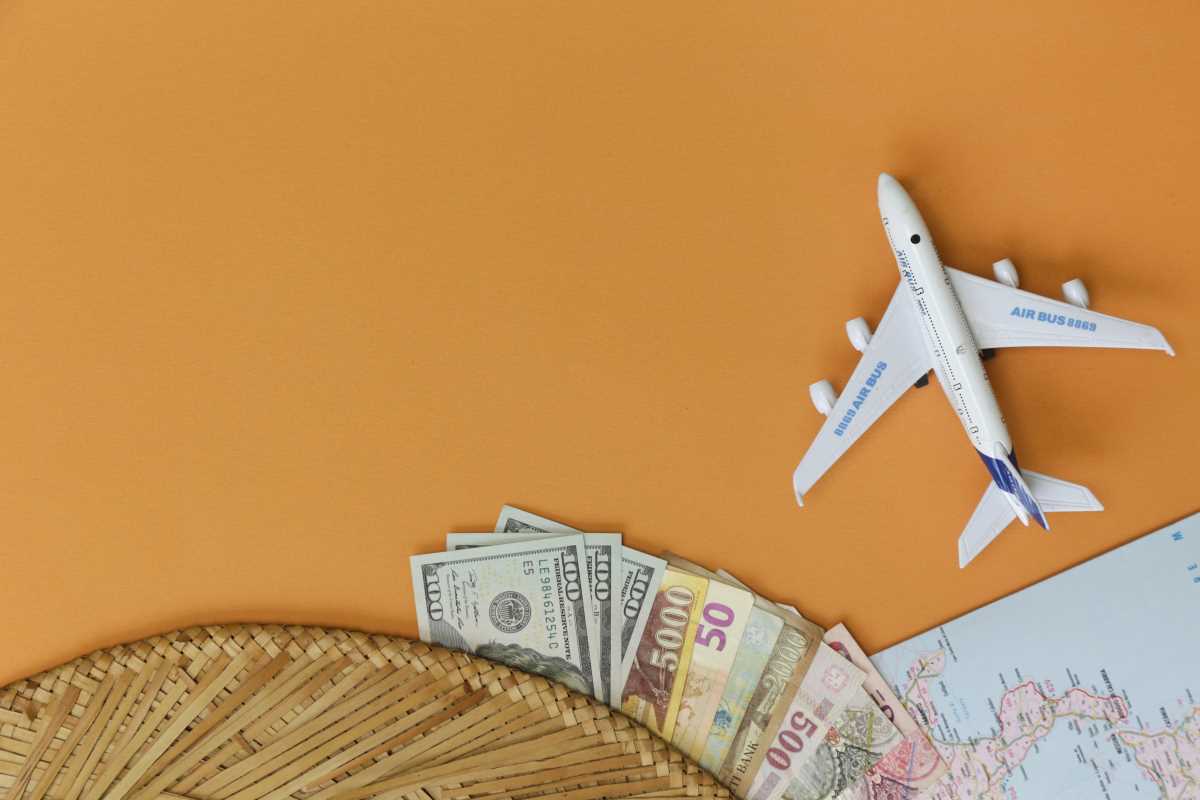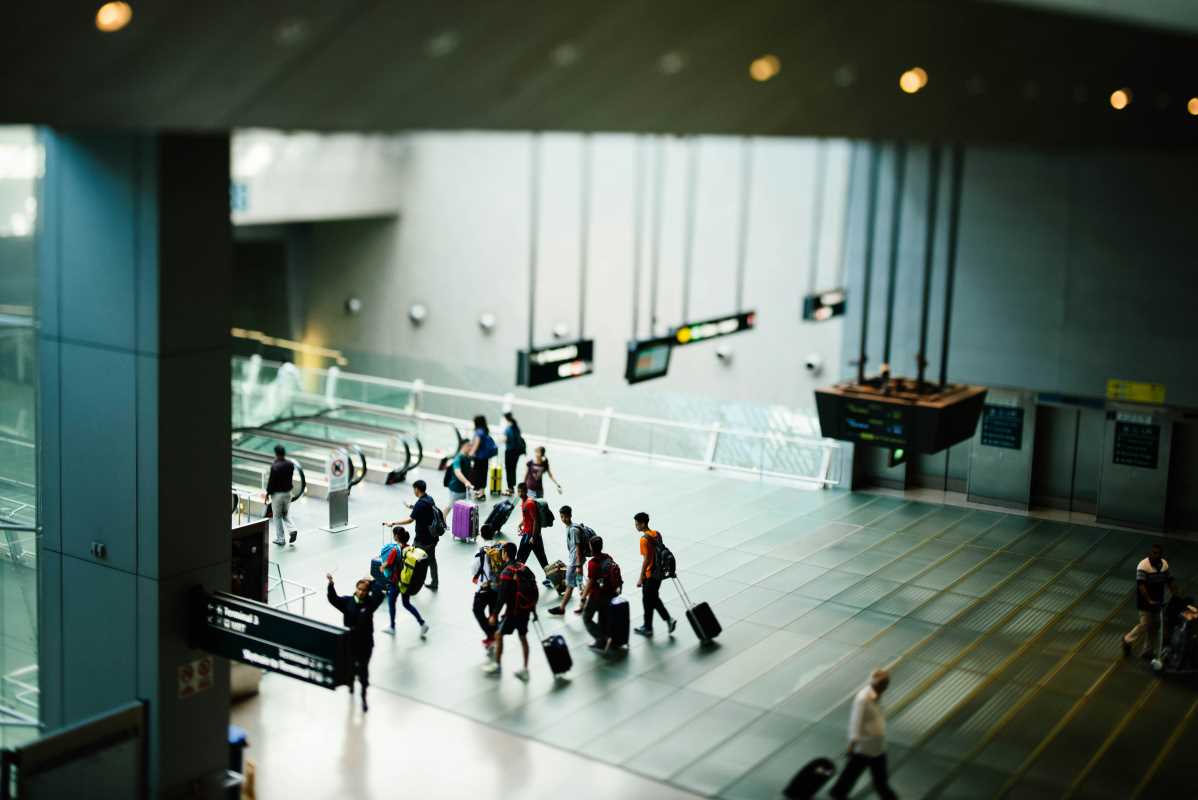Traveling internationally is an exciting adventure, but dealing with currency exchange can be one of the trickier parts. As an experienced traveler, I've learned a few things along the way that will help make your money matters stress-free, so you can focus on enjoying your trip. Whether it's getting the best exchange rates, quickly calculating prices on the go, or ensuring your credit card works without hidden fees, I've got you covered.
Best Ways to Exchange Currency Abroad
One of the most common mistakes travelers make is exchanging currency at the airport. While it's convenient, airport exchange booths usually have higher fees and less favorable exchange rates. A smarter approach is to either exchange a small amount of currency at your bank before you leave or, better yet, wait until you arrive at your destination and use a local ATM to withdraw cash.
Most international ATMs offer competitive exchange rates, although they may charge a small fee. To reduce this fee, check with your bank before you travel to see if they have any partnerships with foreign banks. Many banks waive ATM fees if you use a partnered network.
Quickly Calculating Prices in a Foreign Currency
It’s easy to feel a bit lost when you’re trying to figure out how much things cost in a currency you're not familiar with. Thankfully, there are several tricks you can use to quickly convert prices on the fly without breaking out a calculator.
First, I recommend downloading a currency conversion app on your phone, like XE or Revolut. These apps are a lifesaver for giving you real-time exchange rates and quick conversions.
If you don't want to rely on an app all the time, a mental trick is to round the exchange rate to something simple and manageable. For example, if the conversion rate is 1 US dollar = 0.85 euros, think of it as approximately 1 dollar to 1 euro. You might not get the exact amount every time, but it will give you a good idea for quick estimates when you’re shopping or dining out. Another method is to convert by 10s or 100s. If something costs 100 euros, multiply by the simplified rate to get a rough idea of the price.
Ensuring Your Credit Card Works Internationally
Before you hop on that plane, make sure your credit card is ready to travel with you. The last thing you want is to be stranded in a foreign country with a card that gets declined.
Start by notifying your bank of your travel plans. Many banks have strict fraud detection systems that will block international transactions unless they know you're abroad. It’s also a good idea to check that your card works in the country you’re visiting. Some places, particularly in Europe, rely heavily on chip-and-PIN cards rather than the chip-and-signature cards more common in the US.
While you're at it, check if your card charges foreign transaction fees. These fees can add up, usually around 3% of each purchase. If your card does charge these fees, consider applying for a card that doesn’t. Many travel-friendly credit cards, like the Chase Sapphire Preferred or Capital One Venture, waive these fees entirely.
Tips for Managing Money Abroad
Even with the best preparation, it’s wise to carry a small amount of local currency with you for small purchases, tips, or places that don’t accept cards. I usually withdraw a modest amount from an ATM when I arrive and keep it handy for markets or street vendors. Avoid carrying large sums of cash, though, as it can make you a target for pickpockets.
When it comes to using credit cards, opt to pay in the local currency when given a choice. Some vendors offer to charge you in your home currency, but this often comes with a poor exchange rate and added fees. Paying in the local currency ensures you’re getting the most accurate rate your card offers.
Final Thoughts: Keep It Simple
Managing currency exchange while traveling doesn’t need to be stressful. With a little preparation, the right tools, and some savvy tips, you can keep the process simple and hassle-free. Focus on getting the best exchange rate, use apps or quick tricks to convert prices, and ensure your credit card is travel-ready before you take off. Armed with this knowledge, you’ll be able to navigate any foreign market or café with ease. If you're traveling for an extended period, keep an eye on how the rate changes. This can help you time withdrawals or larger purchases when the rate is more favorable. Bon voyage!
(Image via DSR)
 (Image source: Inuvo / DSR)
(Image source: Inuvo / DSR) 





